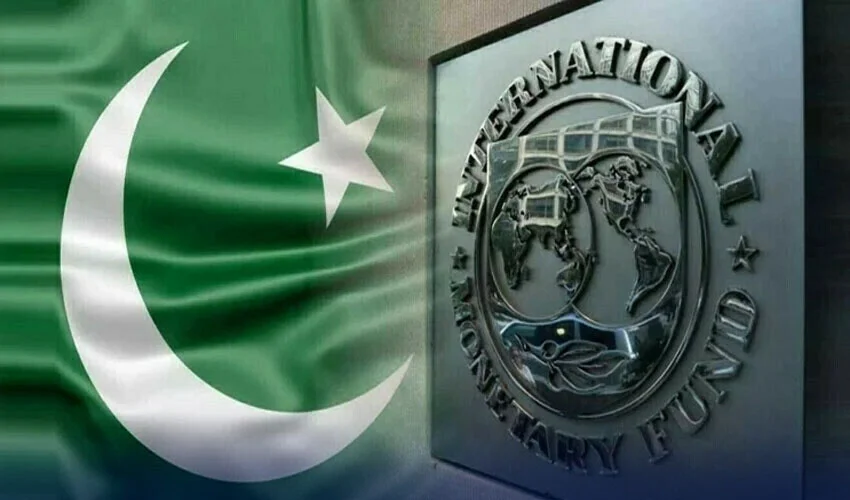Islamabad, Mar 14 2025: Pakistan has successfully reached an understanding with the International Monetary Fund (IMF), Pakistan Avoids mini-budget before the current fiscal year concludes in June.
This development comes as the final round of discussions between the government and the global lender nears completion, paving the way for the disbursement of a crucial $1 billion tranche under the ongoing $7 billion loan program.
According to senior officials from the Finance Ministry, the IMF has responded positively to Pakistan’s recent economic performance, signaling confidence in the country’s fiscal management.
Throughout the negotiations, the IMF delegation, led by Nathan Porter, engaged in in-depth talks with Finance Minister Muhammad Aurangzeb, evaluating both past economic progress and future policy commitments.
The global financial institution acknowledged Pakistan’s improved fiscal discipline but remained firm on the need for expanding the tax net. The government was urged to bring more businesses from the retail, wholesale, real estate.
Dealership sectors under taxation to ensure long-term revenue sustainability. Despite this, officials successfully negotiated a downward revision of the Federal Board of Revenue’s (FBR) annual tax revenue target, reducing it from Rs. 12,970 billion to Rs. 12,370 billion, citing improvements in the tax-to-GDP ratio.
However, the IMF maintained its stance on eliminating tax exemptions benefiting the country’s wealthiest segments. Large-scale agricultural landowners are expected to face direct taxation on their earnings, while high-income industrialists will be subjected to a super tax.
While acknowledging legislative efforts made by the government, the IMF pressed for swift implementation of these taxation measures to ensure equitable revenue generation.
READ MORE:
Govt Approves 28 SIFC-Led Projects to Boost Economic StabilityThe privatization of loss-making state-owned enterprises was another focal point in discussions, with the IMF insisting on expediting the divestment process. In the initial phase, three power distribution companies Islamabad, Faisalabad.
Pakistan International Airlines (PIA) remains a top priority in the privatization agenda, with the government committing to accelerating the process.
Additionally, the IMF called for stricter enforcement of the Point of Sale and Track & Trace systems to curb tax evasion, particularly within the retail sector.
The government assured enhanced monitoring and compliance measures to improve transparency in revenue collection.
Finance Ministry sources confirmed that online discussions would continue post-departure to address any remaining concerns about why Pakistan Avoids mini-budget. With GDP growth projected to exceed 4% in the next fiscal year.
Inflation anticipated to remain in single digits, and external financing needs surpassing $20 billion, the government faces the challenge of balancing economic reforms with overall financial stability.









